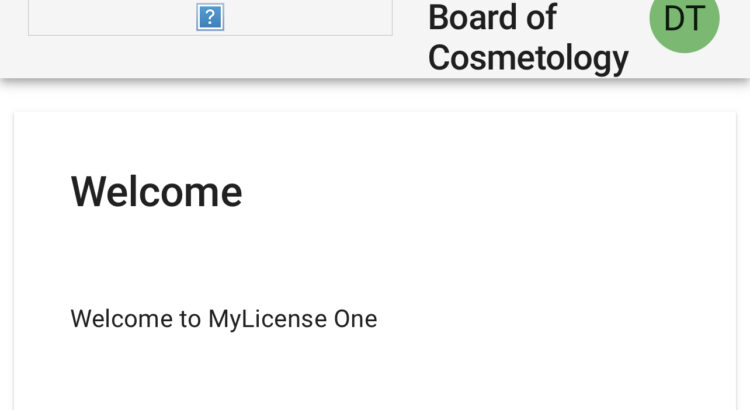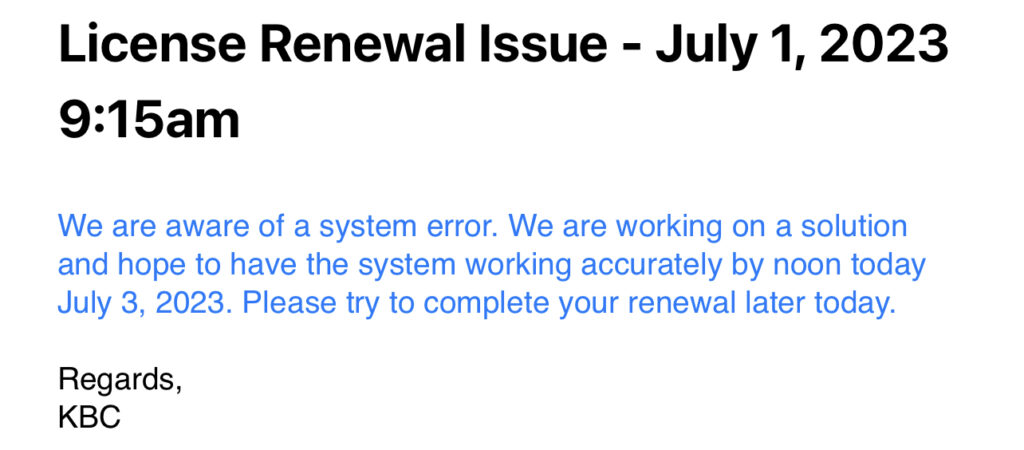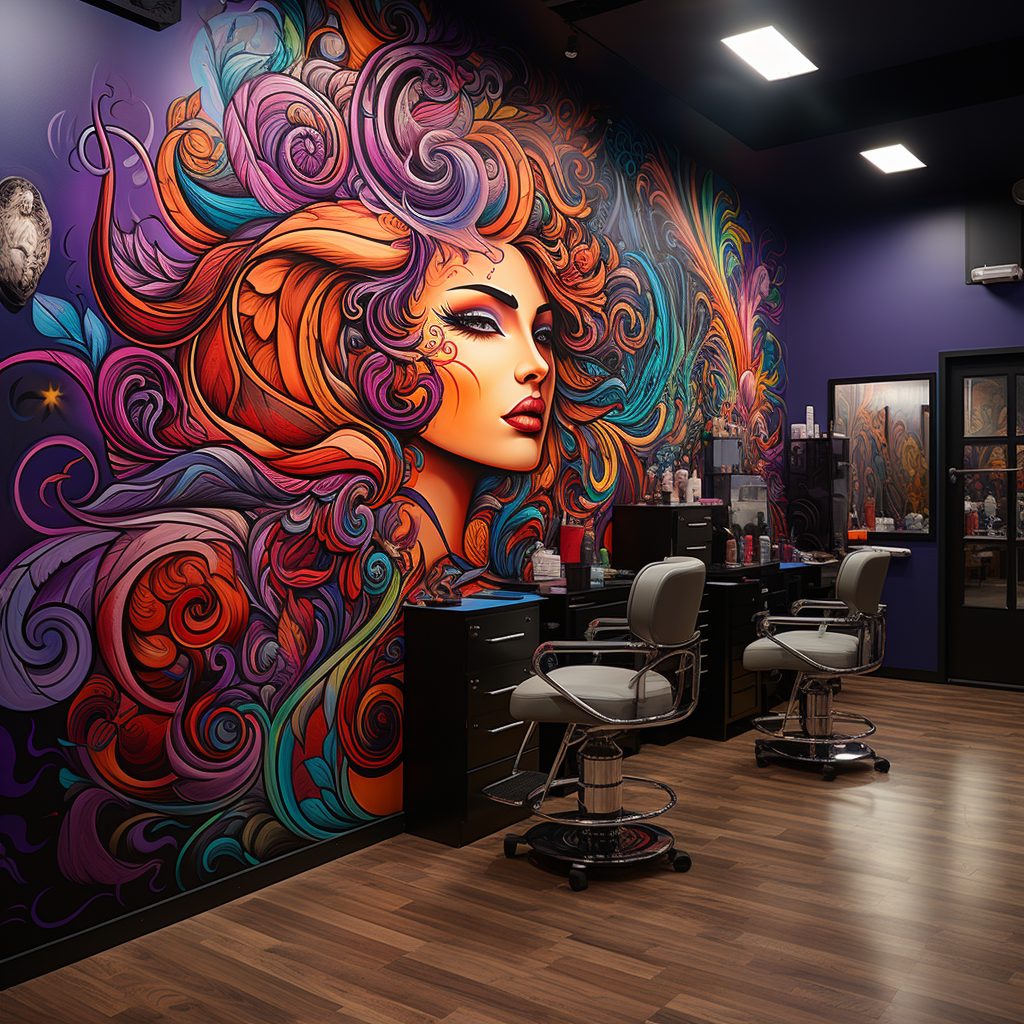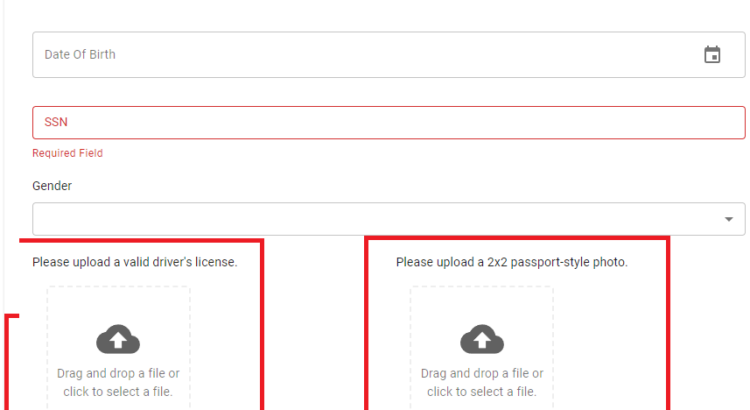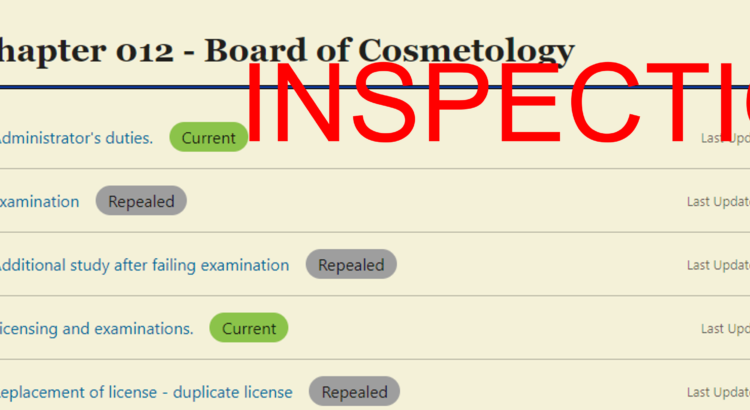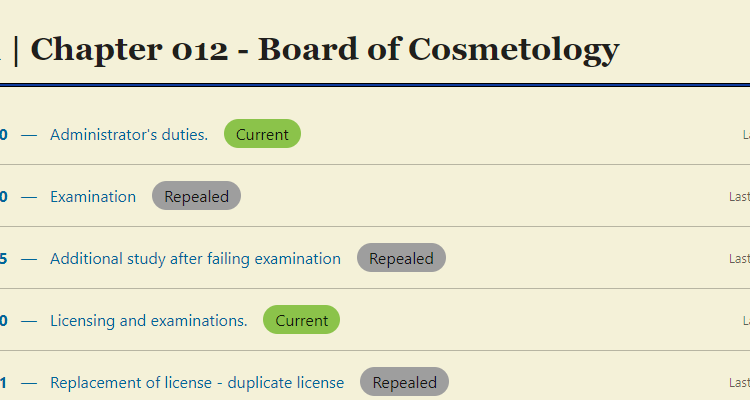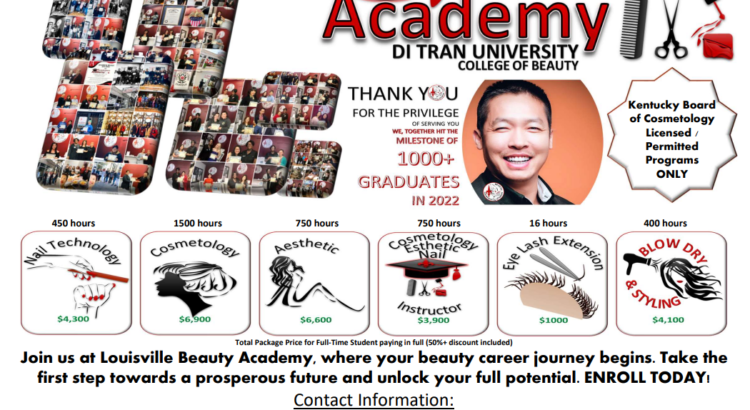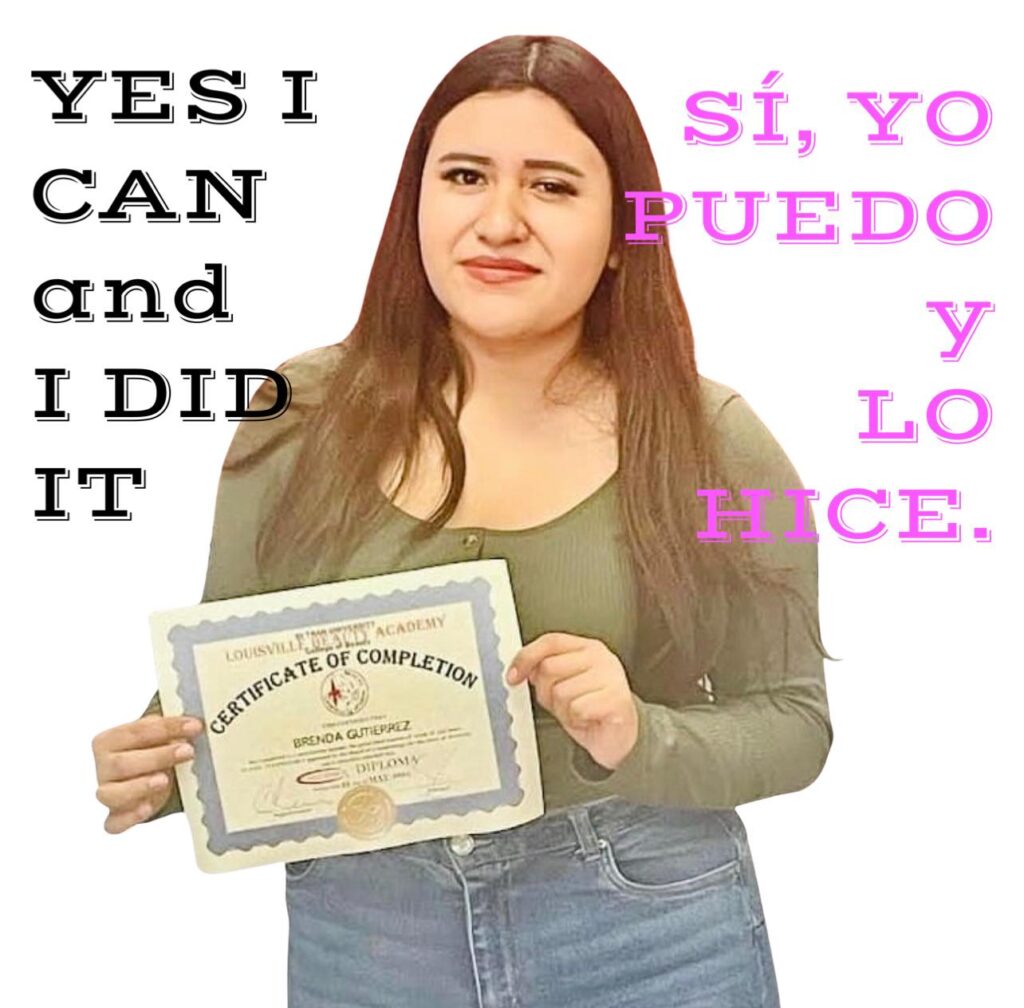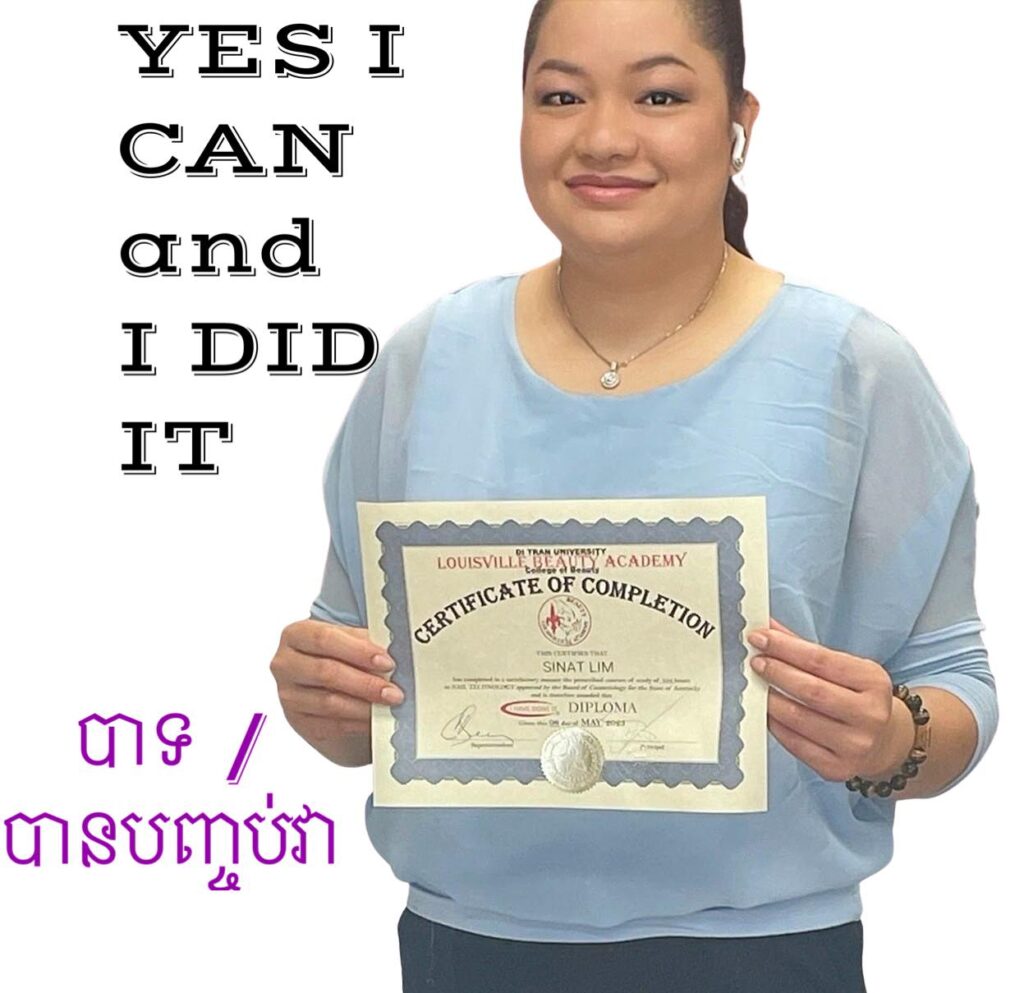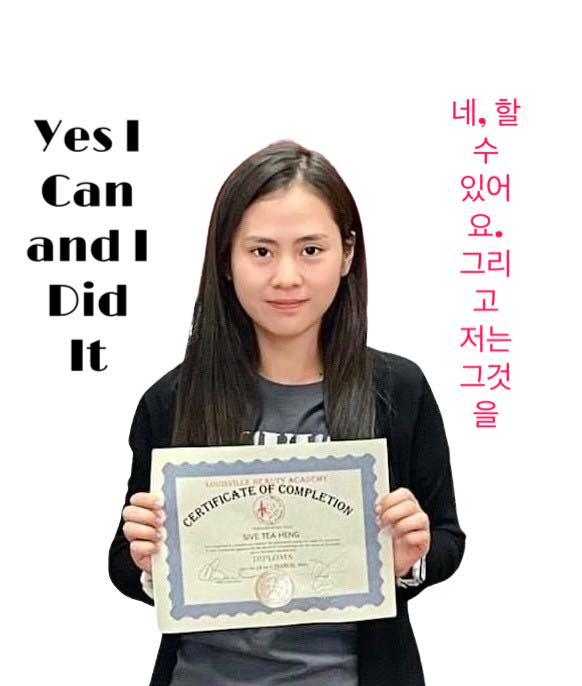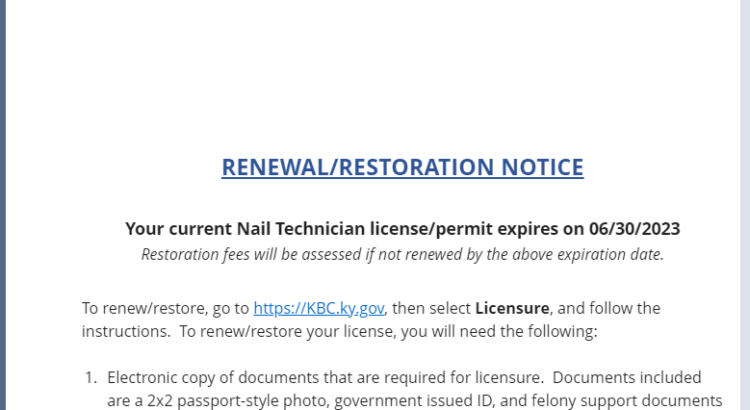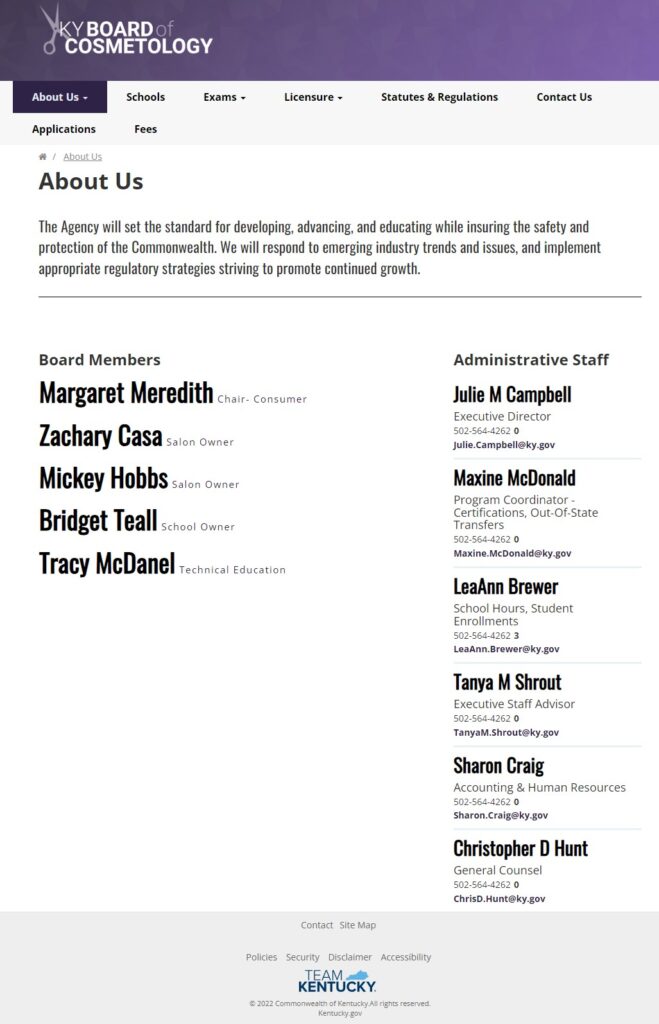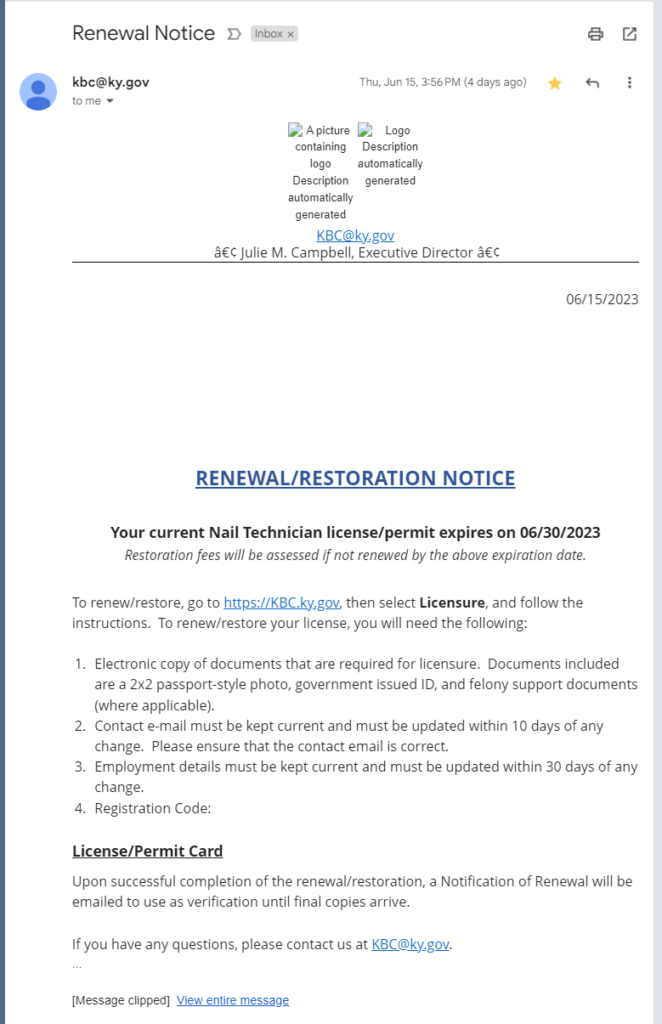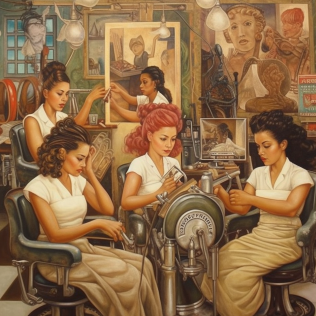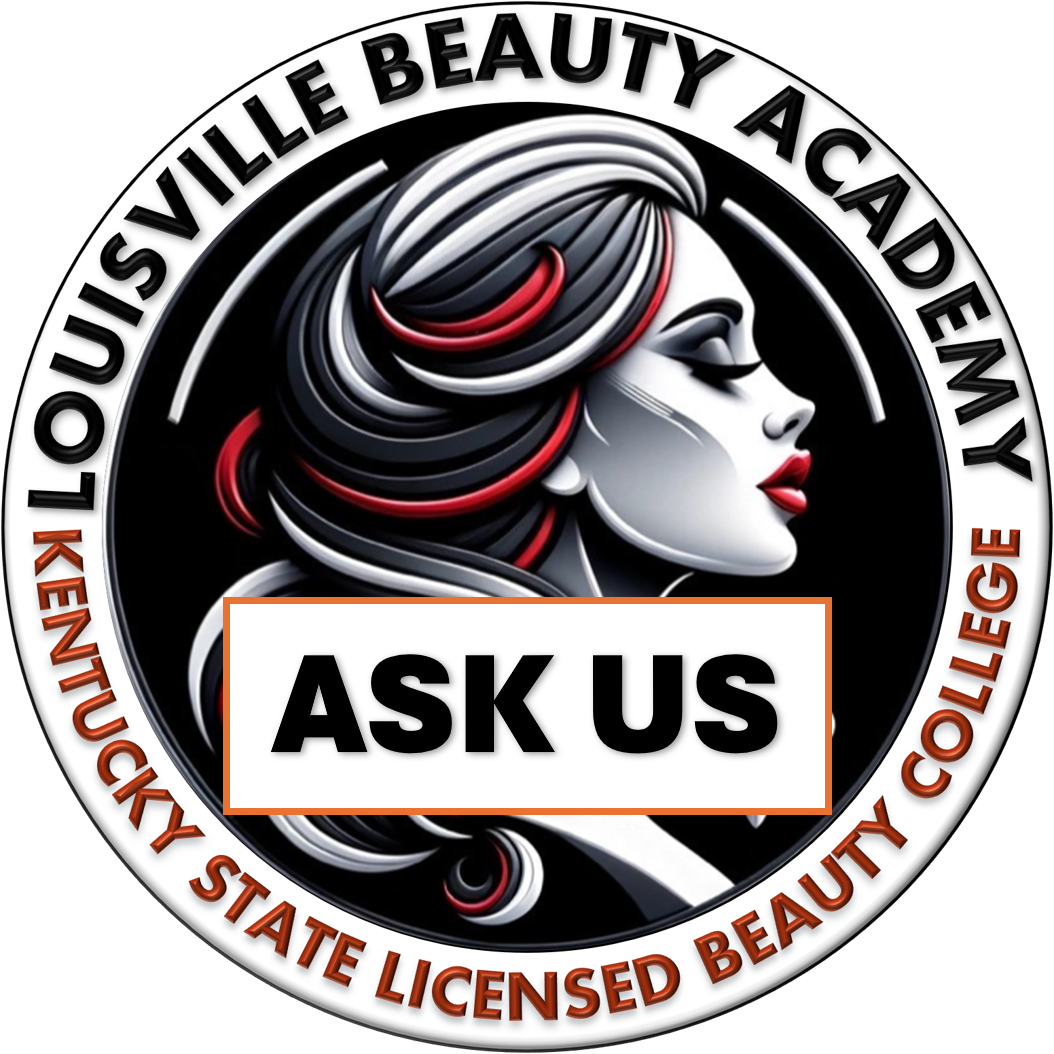Becoming a licensed nail technician is an exciting journey. Each U.S. state sets its own requirements, often measured in hours of education and practice, for earning a nail technician license. This article provides an updated list of the required hours for each of the 50 states and two territories as of September 2021.
It’s important to remember that licensing requirements may change over time, so prospective nail technicians should always verify the current requirements with their local State Board of Cosmetology. Now, let’s dive into the details:

- Alabama: Requires 750 hours of training.
- Alaska: Requires 350 hours.
- Arizona: Mandates 600 hours.
- Arkansas: Calls for 600 hours.
- California: Requires 400 hours.
- Colorado: Necessitates 600 hours.
- Connecticut: No specified requirement.
- Delaware: Requires 300 hours.
- Florida: Requires 240 hours.
- Georgia: Needs 525 hours.
- Hawaii: Calls for 350 hours.
- Idaho: Requires 400 hours.
- Illinois: Requires 350 hours.
- Indiana: Mandates 450 hours.
- Iowa: Requires 325 hours.
- Kansas: Calls for 350 hours.
- Kentucky: Requires 600 hours Before, Now 450 hours
- Louisiana: Necessitates 500 hours.
- Maine: Calls for 200 hours.
- Maryland: Requires 250 hours.
- Massachusetts: Requires 100 hours.
- Michigan: Requires 400 hours.
- Minnesota: Necessitates 350 hours.
- Mississippi: Requires 350 hours.
- Missouri: Calls for 400 hours.
- Montana: Requires 350 hours.
- Nebraska: Requires 300 hours.
- Nevada: Mandates 500 hours.
- New Hampshire: Requires 300 hours.
- New Jersey: Calls for 300 hours.
- New Mexico: Requires 350 hours.
- New York: Necessitates 250 hours.
- North Carolina: Calls for 300 hours.
- North Dakota: Requires 350 hours.
- Ohio: Requires 200 hours.
- Oklahoma: Requires 600 hours.
- Oregon: Mandates 350 hours.
- Pennsylvania: Requires 200 hours.
- Rhode Island: Calls for 300 hours.
- South Carolina: Requires 300 hours.
- South Dakota: Requires 400 hours.
- Tennessee: Mandates 600 hours.
- Texas: Requires 600 hours.
- Utah: Calls for 300 hours.
- Vermont: Requires 400 hours.
- Virginia: Requires 150 hours.
- Washington: Necessitates 600 hours.
- West Virginia: Requires 400 hours.
- Wisconsin: Calls for 300 hours.
- Wyoming: Requires 400 hours.
In addition to the 50 states, the U.S. also has territories and districts. Here are the requirements for two of them:
- District of Columbia: Requires 350 hours.
- Puerto Rico: Requires 250 hours.
In conclusion, becoming a nail technician is an achievable goal, but it does require dedication and a time commitment. Each state’s requirements are different, so it’s crucial to get the most accurate and up-to-date information from your local State Board of Cosmetology. Remember, your journey to becoming a nail technician is not just about meeting the requirements, it’s also about gaining the skills and knowledge you need to succeed in this rewarding industry.

